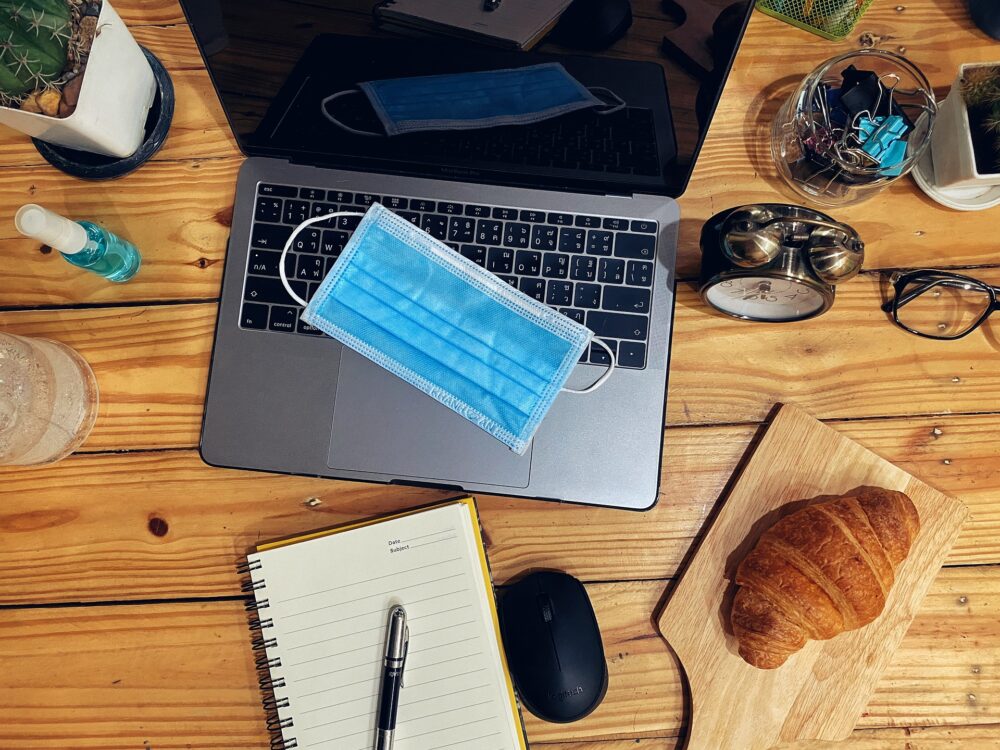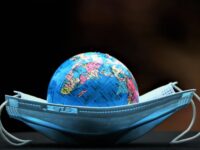In search of the ever scarce commodity of human connection during quarantine, I interviewed some e-board and editors in my own imitation of Humans of New York. I also wanted to synthesize a piece that might provide solace in isolating times, one regaling human stories. I cherish those conversations — discussing fears, aspirations, favorite memories, but I’ve decided not to publish any interview in full. There were some things more profound in the totality of these tales, so I’d like to share them instead.
I look at the world, and I see the great challenges we face as a species: climate change, inequality, famine, disease. They all seem so insurmountable; what can we do to make things better? Sometimes, I am wrapped in anxiety and fear because of this question; there are clear answers to a lot of them, but so much opposition to achieving them.
I look at the world, and I see the great challenges we face as a species: climate change, inequality, famine, disease. They all seem so insurmountable; what can we do to make things better?
However, I found a theme emerging as I talked to each person. Our worries were all similar, if not the same. We gravitated towards worries for our loved ones. One editor said, “I’m most afraid that someone in my family will get sick…I wanted to be close to family in case anything does happen. A couple weeks ago, my grandma was exposed, and she tested negative, which was a relief, but just the anxiety around whether she would be okay — she’s probably the most vulnerable person in my family.” Separated families worried for each other; those from the United States expressed their concerns for their international friends. Of the 15 interviewees, not one of them was afraid for themselves; their fears were rooted in compassion for others.
That sentiment emerged independently amongst everyone, and while it isn’t necessarily earth-shattering on its own, I grew optimistic for another stress they shared: a lack of productivity. Much like anyone with the privilege of quarantining, working from home or taking classes was still difficult. Focusing was a challenge for some; mental health, another. Everyone was steadily adjusting to their new realities at this point (in mid-May), but they were excited to get back to normal. They were anxious to improve their lives or work towards their goals. As counterintuitive as it may sound, those self-developed goals focused on others. Gus Mueller, our head of photography, talked about his dream of making an artificial heart or a device that helps everyone in their daily lives. I’ve never heard someone talk about an iPhone with such awe, but he was right—it’s astoundingly intuitive and useful for so many people. A few editors brought up their aspirations to be doctors, especially pertinent given the global circumstances. Others expressed their concern for the planet and the animals inhabiting it. I was struck with optimism; each person talked about their career goals without a sense of self — nothing seemed as important as making the world a better place for someone else.
I was struck with optimism; each person talked about their career goals without a sense of self — nothing seemed as important as making the world a better place for someone else.
I encourage anyone to ask, “Who do you want to be in the future, and are you that person today?” This was a frequently used question I asked throughout the interviews. At first, you might throw them off, but I think that question strikes at the core of each of us. No one knows what the future will be like, but even when you don’t know what your future holds, you know the values you have today. Using those values, there’s a trajectory — it may have large confidence intervals, but landing somewhere in the middle is quite alright; that’s still net good.
I hold that to be true because I don’t think any of the e-board members or editors will stray off their paths. And if the members I interviewed are any representation of NU Sci as a whole, then that’s a fairly large amount of good intentions. I look at the news, and I see problems, but I looked at the interviewees and saw solutions, problem-solvers. We’ve been ingrained with the idea that we’ll be the ones to carry the burdens of the past, and that’s unfortunately true. But even if a fraction of our generation is as motivated and compassionate as them, then I think we’re in pretty good hands.
Image source: Pixabay.






